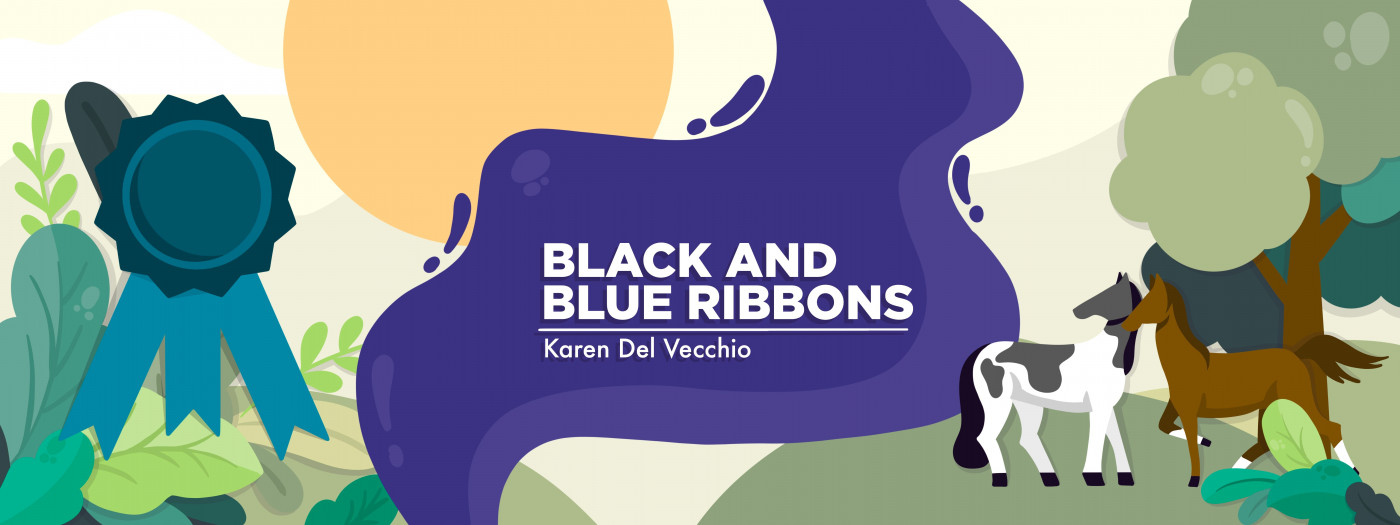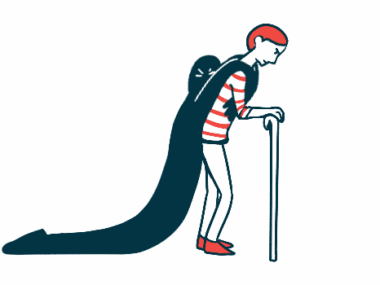How I manage the fatigue that comes with Ehlers-Danlos syndrome
For columnist Karen Del Vecchio, exhaustion can lead to additional challenges
Written by |

I’ve often said that chronic fatigue is the toughest part of having Ehlers-Danlos syndrome. It’s exhausting being tired all the time!
As a high school teacher and post-graduate counselor, this time of year is especially draining, as it’s full speed ahead to the finish line of graduation. Although my life is incredibly busy, I’m running out of steam.
Lately, my days have been long and nonstop. Some of that is my own doing, as I keep a busy schedule full of work, horses, and animal care, but I wouldn’t change it for anything. Farm work is basically a form of physical and emotional therapy for me, and while it makes my days longer, it also makes them infinitely better. But at this time of year, when long days at work are followed by extra seasonal chores at home on the farm, I’m so tired at night that I fall asleep almost instantly.
I do my best to power through; if I stop, it’s hard to get started again. After I get home and finish taking care of the horses, I go inside to eat dinner and take care of the dogs and cats. I finish whatever chores I need to for the next day, and then it’s a quick shower and off to bed. I’ve learned that if I sit down, I won’t want to get back up, and if I sit on the couch to relax before bed, I’ll just fall asleep.
The consequences of fatigue
The other piece of the puzzle is that when I’m this tired, I’ll fall asleep and not move at all until my alarm goes off. That’s not good. Lying in the same position for seven to eight hours is a recipe for waking up incredibly stiff and sore. When that happens, the following dos and don’ts help me get going again:
- I don’t rush to get up and out of bed. I take a few moments to stretch, roll over, and let my muscles relax in a different position from the one I slept in.
- However, I also make sure that I don’t lie around for too long. While I don’t want to rush it, I have to get up and moving.
- I have to be careful on the stairs until I work the kinks out. When I’m super stiff, stairs are very difficult on my hips and knees. Sometimes I have to take them one at a time until I’ve loosened up.
- I have to remember to be patient. I’m the opposite of patient in most respects, but I have to let myself get rolling. Getting frustrated doesn’t help me get there any faster.
Sometimes a night like this can set off a pain flare, but other times I get lucky and just have a sore or slow day. Unfortunately, there’s not much I can do to prevent this from happening. Once I’m asleep, I can’t control whether I move around or not. All I can do is try to get as much sleep as possible during the week, aim for a little extra on the weekend, and be patient with myself in the mornings. Pretty soon, I’ll have some time off for the summer so I can recharge!
Note: Ehlers-Danlos News is strictly a news and information website about the disease. It does not provide medical advice, diagnosis, or treatment. This content is not intended to be a substitute for professional medical advice, diagnosis, or treatment. Always seek the advice of your physician or another qualified health provider with any questions you may have regarding a medical condition. Never disregard professional medical advice or delay in seeking it because of something you have read on this website. The opinions expressed in this column are not those of Ehlers-Danlos News or its parent company, Bionews, and are intended to spark discussion about issues pertaining to Ehlers-Danlos.






Suzanne Teerlinck
I really identify with you. The fatigue is so hard to deal with, especially for a type A personality. I can get a few things done in the morning but by noon I am a wreck and need to medicate and go to bed for awhile. So, I am up at 4 am and that is it. I am 75 years old and live alone so age does not help.
Stanley J Guest, PT, OCS, FAAOMPT
Dear Karen, Have you had your B12 level checked? I struggled with low energy through the first 50 years of my hyper mobile life. I also had Mono X2. In my mid 40's I developed severe paresthesia through the body and after years of investigation they found my B12 level to be low(236). Daily Subligual B12 doses have changed my life for the better. The constant paresthesia has passed and I have a steady flow of energy that I have never had. I suspect that the B12 deficiency is related to the lifetime of IBS associated with my hypermobility syndrome. Stan
Stacy
Karen,
I can relate to this in so many ways! I am also a teacher with pets and children. Yesterday I worked hard on gardening(almost always leads to a pain flare) and cleaning up my house. I worked longer and harder than I should have and now I am left in bed. It even hurts to type. B12 injections didn’t work for me. Sometimes it helps to know you are not alone in your journey. Hang in there! I am counting down the days until summer.
Karen Del Vecchio
Thanks, Stacy! We're so close - I'm counting down the days right there with you. I hope you have a fantastic summer and find some time to rest and recover as well!
Michele
Chronic Fatigue is my enemy! I completely relate to what you are saying. If I am able to push through my day I will. There are other times I'm so tires by noon I cannot keep my eyes open. Some days if I stop and sit down, I'm done. I am living with hEDS and CRPS. Both chronic diseases, neither fully manageable. I battle 24/7 pain and CF with CRPS. Hyper mobility and CF with hEDS. Both diseases mirror symptoms and flare similarities. Someone described CF with a spoons theory? No, that never worked for me. I feel like a car battery. From day to day I have no idea how long the charge from my alternator is going to last? When that charge or juice runs out, my battery dies. I will not be able to run again until I can be charged up. Chronic disease is a journey unique to each individual. We cannot be herded into a group by disease, symptoms labeled, and all treated as one entity. It doesn't work. When the healthcare system, doctors, congress, the CDC, FDA, etc., figure this out, we may have hope.